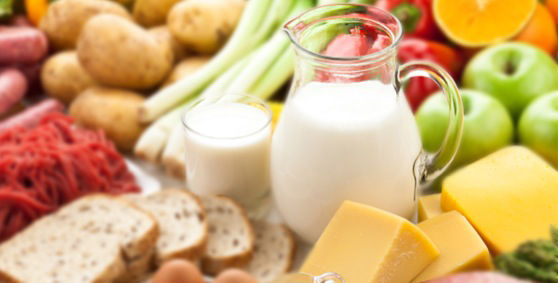Breastfeeding is the best for babies and a healthy diet / maternal nutrition is important when breastfeeding. A decision not to breastfeed can be difficult to reverse. Infant formula is suitable from birth when babies are not breastfed. It is recommended that all formula milks be used on the advice of a doctor, midwife, health visitor, public health nurse, dietitian, pharmacist, or other professional responsible for maternal and child care and the financial implications should be considered. All preparation and feeding instructions should be followed carefully as inappropriate preparation could lead to health hazards.
23 Weeks Pregnant
Your baby’s development
Your baby is now practising breathing by inhaling amniotic fluid into their developing lungs, and they’ll also grasp at your umbilical cord whenever they feel it. Around this time, most moms feel an increase in movement, kicking and even hiccups from their baby. As the skin develops, oil and sweat glands start to work. Your baby is now 29cm long or more, and weighs about 1lb 1oz.

You & your body
You and your growing baby need calcium for strong, healthy bones and teeth. It’s also important for the healthy functioning of your muscular, circulatory and nervous systems.
At this stage in pregnancy, your need for calcium increases by 50%. If you’re not getting enough in your diet, your baby could start taking it from your bones which may increase your risk of bone damage later in life. So make sure you include lots of dairy foods in your diet every day!
To help boost your calcium levels, drink the milk in your cereal bowl, have a yogurt at mid-morning, a glass of milk with your dinner and grate some cheese on top of a salad. Try cooking with these foods too. Non-dairy sources of calcium include tinned salmon, leafy green vegetables such as broccoli, kale, spinach, nuts, tofu(calcium-fortified) and fish with edible bones, e.g. ikan bilis.
Pregnancy Topics

Ask Our Careline
Whatever’s on your mind, we’re here to help



